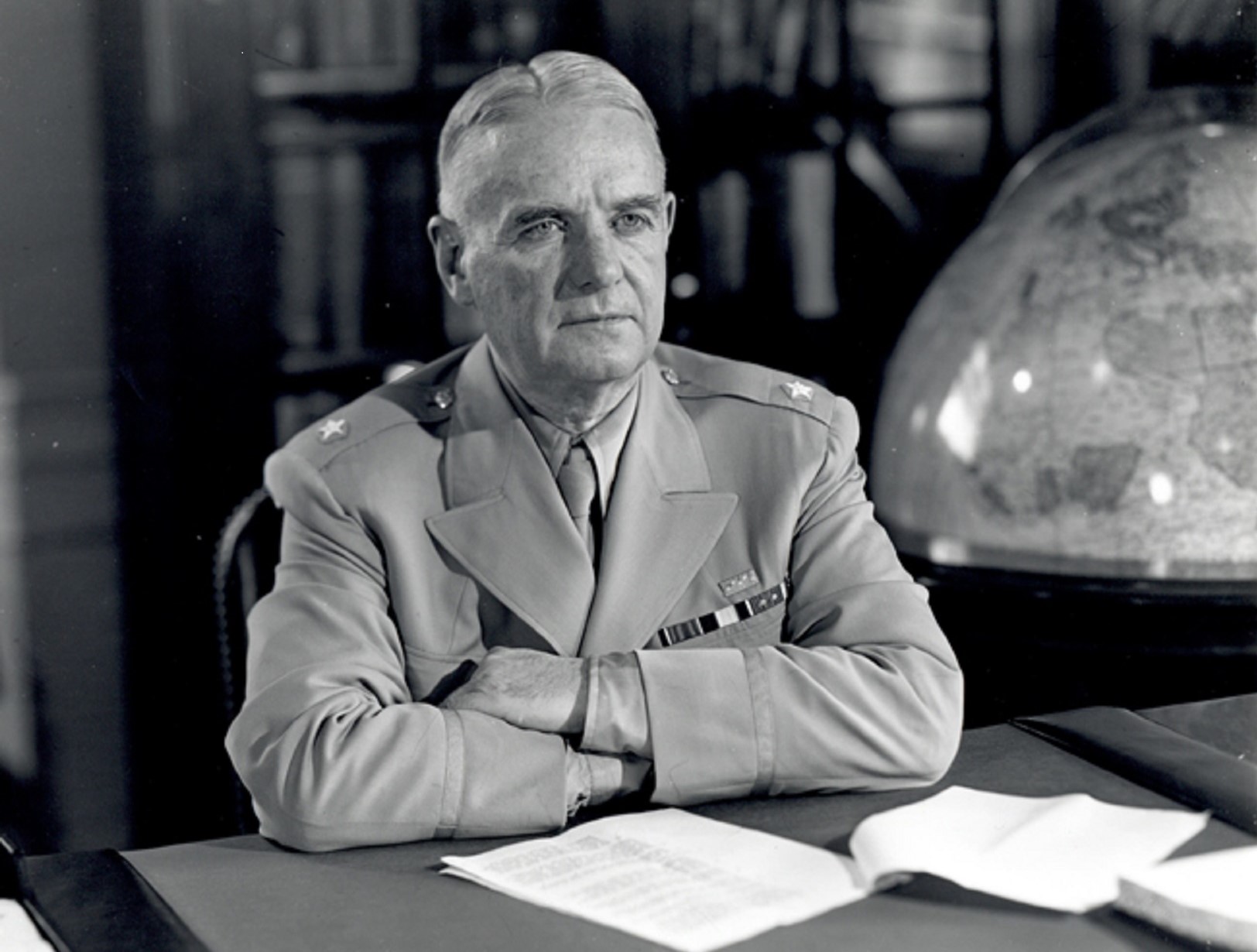William “Wild Bill” Donovan.
William Joseph Donovan, known as “Wild Bill,” was born on 1 January 1883, in Buffalo, New York1. He graduated from Columbia Law School and joined the New York National Guard’s 69th “Fighting Irish” Regiment as a Captain.
Donovan served as a battalion commander in the 165th Infantry Regiment during World War I. He was wounded in action on three separate occasions and was among the most highly decorated U.S. soldiers in World War I. He was awarded the Distinguished Service Cross, the Silver Star, the Distinguished Service Medal, and—for bravery under fire between 15-16 October 1918 near Landres-et-St.Georges, France—the Medal of Honor.
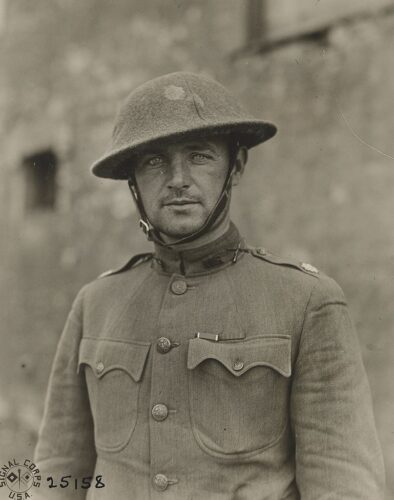
Between the World Wars.
After serving in World War I, Donovan returned to his career as a lawyer. He served in government roles such as the United States Attorney for the Western District of New York from 1922 to 1924, Assistant Attorney General for the Criminal Division from 1924 to 1925, and Assistant Attorney General for the Antitrust Division from 1926 to 1927.
In 1919 and 1920, Donovan was sent on secret missions to China and Siberia. After World War I, J.P. Morgan established the Foreign Commercial Corp. to float $2 billion in bonds in postwar Europe. In February 1920, Donovan was asked by Morgan to make a secret tour of Europe to obtain intelligence relating to these bonds.
By the time Franklin D. Roosevelt was elected president in 1932, Donovan had become a strong opponent of Roosevelt’s New Deal. However, he shared the president’s concern about political developments in Nazi Germany. In 1940, Donovan agreed to take part in several secret fact-finding missions in Europe.
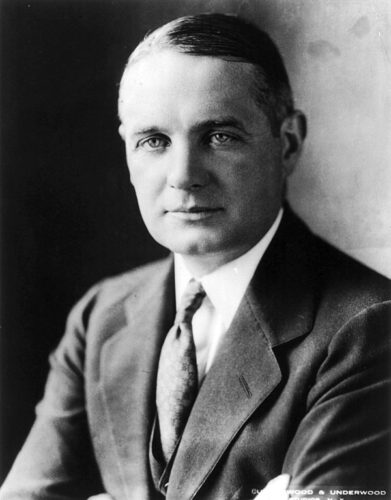
Creation of the OSS
In July 1941, President Franklin D. Roosevelt appointed Donovan to a newly created office, Coordinator of Information (COI). Donovan began laying the groundwork for a coordinated intelligence network, based partially on the example of the British Secret Intelligence Service (SIS), also known as MI6.
After the Japanese attack on Pearl Harbor, Roosevelt issued an executive order establishing the Office of Strategic Services (OSS) on 13 June 1942. The OSS replaced the COI and was charged with collecting and analyzing strategic intelligence and running special operations outside the other branches of the U.S. military, under the control of the Joint Chiefs of Staff (JCS). Donovan was appointed its director. Donovan was promoted to the rank of major general in November 1944.
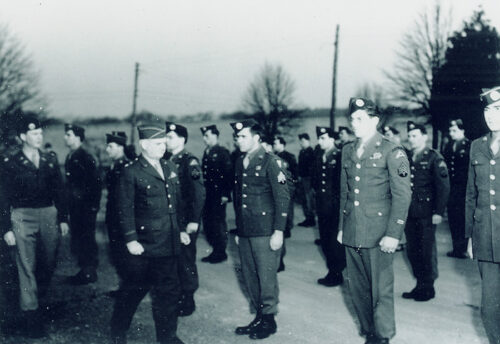
Role of the OSS
The OSS played a crucial role during World War II as the intelligence agency of the United States. The OSS was formed as an agency of the JCS to coordinate espionage activities behind enemy lines for all branches of the U.S. Armed Forces.
The OSS was involved in multiple activities and missions, including collecting intelligence by spying; performing acts of sabotage; waging a propaganda war; organizing and coordinating anti-Nazi resistance groups in Europe; and providing military training for anti-Japanese guerrilla movements in Asia. The OSS was also responsible post-war planning.
The OSS was dissolved a month after the end of the war, and its intelligence tasks were resumed and carried over by its successors, the Department of State’s Bureau of Intelligence and Research (INR) and the independent Central Intelligence Agency (CIA). The OSS was collectively honored with a Congressional Gold Medal on 14 December 2016.
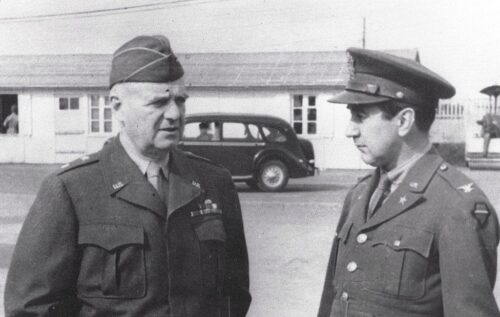
Legacy
Donovan is best known for serving as the head of the OSS, the precursor to the Bureau of Intelligence and Research and the CIA, during World War II. He is regarded as the founding father of the CIA, and a statue of him stands in the lobby of the CIA headquarters building in Langley, Virginia.
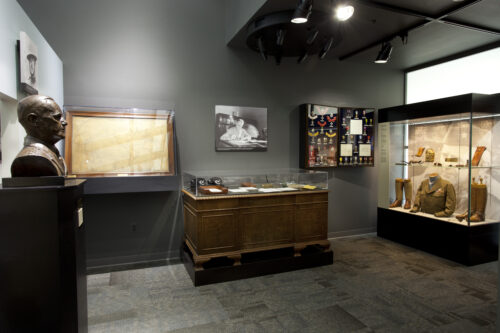
Donovan is believed to be the only person to have been awarded all four of the following prestigious decorations: the Medal of Honor, the Distinguished Service Cross, the Distinguished Service Medal, and the National Security Medal. He is also a recipient of the Silver Star and Purple Heart, as well as decorations from a number of other nations for his service during both World Wars.
Donovan passed away on 8 February 1959, in Washington, D.C. His resting place is Arlington National Cemetery.
Resources
Office of Strategic Services Society
OSSSociety.org
USASOC OSS Website (Official US Army Website)
www.soc.mil/OSS/index.html
Central Intelligence Agency
CIA.gov
International Spy Museum
SpyMuseum.org
*The views and opinions expressed on this website are solely those of the original authors and contributors. These views and opinions do not necessarily represent those of Spotter Up Magazine, the administrative staff, and/or any/all contributors to this site.

